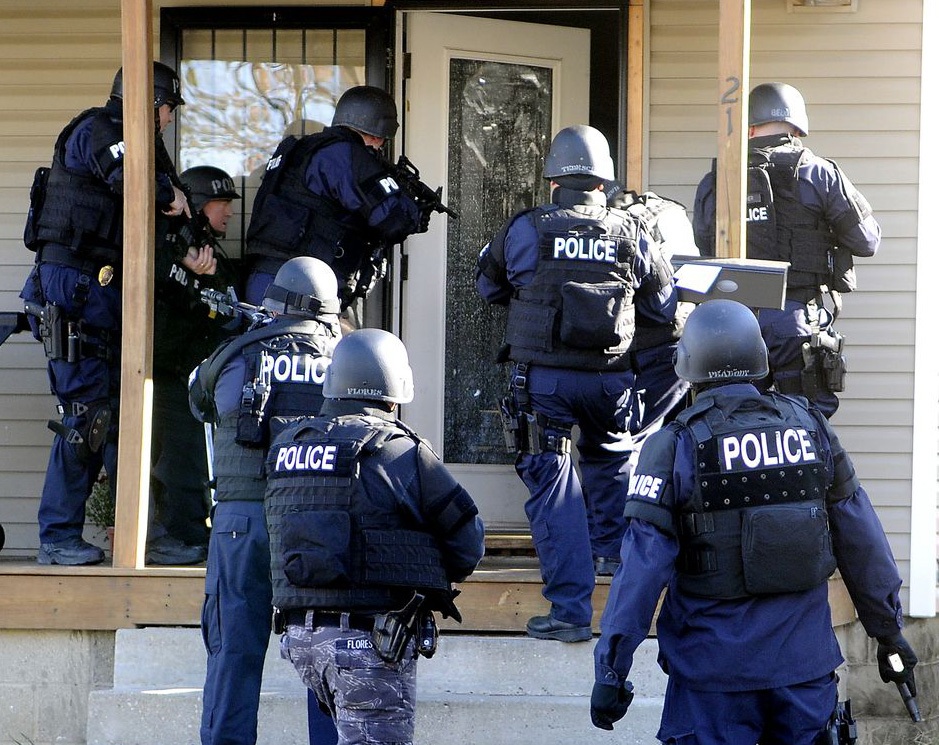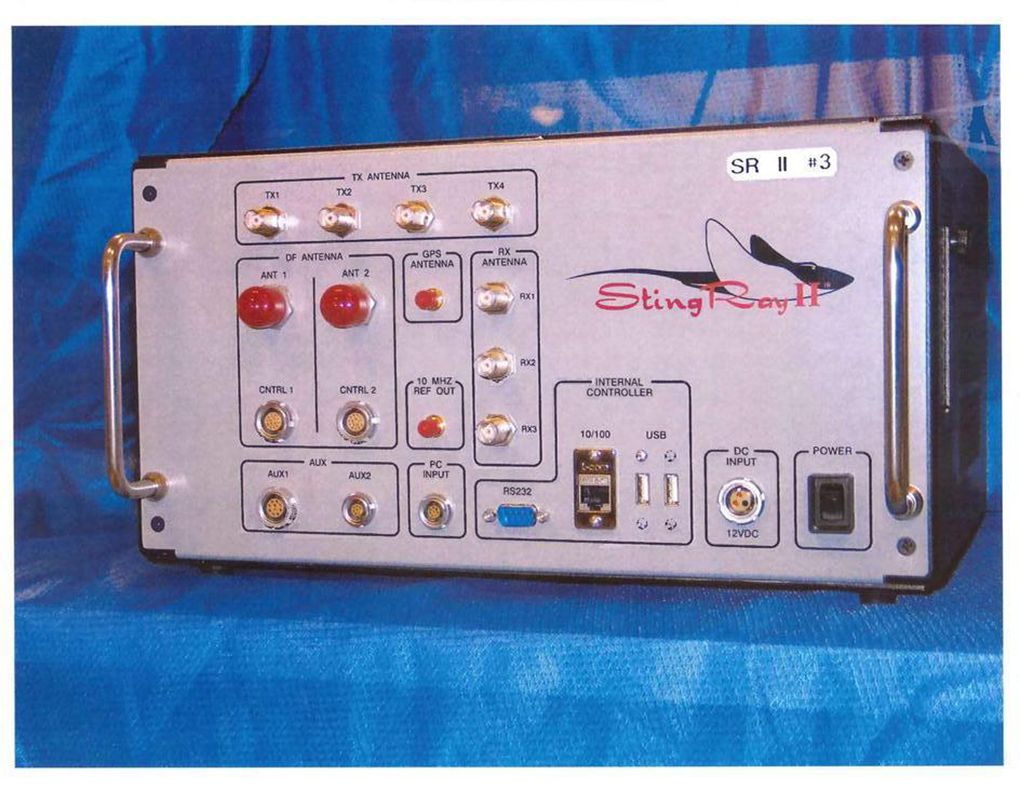
In State v. Youngs, the WA Court of Appeals suppressed evidence of the defendant’s blood test collected after a search warrant because the search warrant application did not contain sufficient facts to establish that the suspect was driving the car.
BACKGROUND FACTS
In the early morning hours of May 15, 2013, a Washington State Patrol Trooper arrested Youngs after driving a car involved in a rollover collision. The judge issued the warrant based on the Affidavit in Support of Search Warrant for Evidence of a Driving While Under the Influence of Intoxicants (DUI).
This affidavit is a largely preprinted form to which the law enforcement officer may add information.
Following the blood draw, the State charged Youngs with DUI. Youngs moved to suppress evidence obtained under authority of the warrant. The district court denied the motion. Youngs then agreed to a stipulated bench trial based on the police report and blood alcohol report. The district court found Youngs guilty and sentenced him.
Youngs sought review in the superior court. The Court affirmed based on the content in the state trooper’s affidavit. Eventually, the WA Court of Appeals granted Youngs’s appeal.
ISSUE
The question was whether the trooper’s search warrant affidavit had sufficient facts for a judge to make an independent decision whether there was probable cause that the defendant was driving.
COURT’S DECISION & ANALYSIS
The Court decided that although the factual information concerning intoxication is sufficient and unchallenged in this case, the factual information to establish driving is insufficient.
The Court reasoned that a judge may only issue a search warrant upon probable cause. The warrant must be supported by an affidavit identifying the place to be searched and the items to be seized. The affidavit must contain sufficient facts to convince an ordinary person that the defendant is probably engaged in criminal activity.
Furthermore, the Court reasoned that judges must evaluate the relevant affidavit “‘in a commonsense manner, rather than hypertechnically, and any doubts are resolved in favor of the warrant. Thus, a “negligent or innocent mistake” in drafting the affidavit will not void it. Also, judges may draw reasonable inferences from the stated facts.
However, the Court also reasoned that inferences alone, without an otherwise substantial basis of facts, are insufficient. The affidavit may provide summary statements so long as it also expresses the facts and circumstances underlying that summary.
Here, the Court found technical problems with the affidavit. For example, one problem is that the preprinted language in the form—”ceased driving/was found in physical control of a motor vehicle” — suggests that it is intended to apply to two different crimes. One crime is “Driving While Under the Influence under RCW 46.61.502, while the other is “Physical Control of Vehicle While Under the Influence under RCW 46.61.504, which is a totally separate and different crime with different elements for the State to prove:
The Court said that unlike the act of driving, which may be readily observed, “physical control” is a conclusion drawn from other facts. For example, a police officer may reach this conclusion based on the defendant’s proximity to the vehicle, possession of keys to it, or similar observable circumstances. Because the magistrate must independently determine whether probable cause exists, he or she cannot simply accept such a conclusion without supporting allegations. Therefore, ruled the Court, the statements in the search warrant affidavit are conclusory, general, and insufficient to support probable cause that Youngs was driving the vehicle.
With that, the Court reversed Youngs’ conviction and remanded the case back to the district court with directions to suppress the evidence obtained by the warrant.
My opinion? Excellent decision. Sure, it’s sometimes safe to assume that the sole driver of a car involved in a collision is, in fact, the driver. However, it muddies the waters even further when law enforcement officers issuing search warrants fail to clarify whether the crime of straight DUI or Physical Control DUI took place.
These crimes are very different. One crimes involves officers seeing the defendant drive (straight DUI) while the other crime does not (Physical Control DUI). Combined with the fact that there was missing information regarding the defendant’s driving at all, this combination of errors makes for an ineffective search warrant.
Again, good decision.
Please contact my office if you, a friend or family member are charged with a crime. Hiring an effective and competent defense attorney is the first and best step toward justice.















